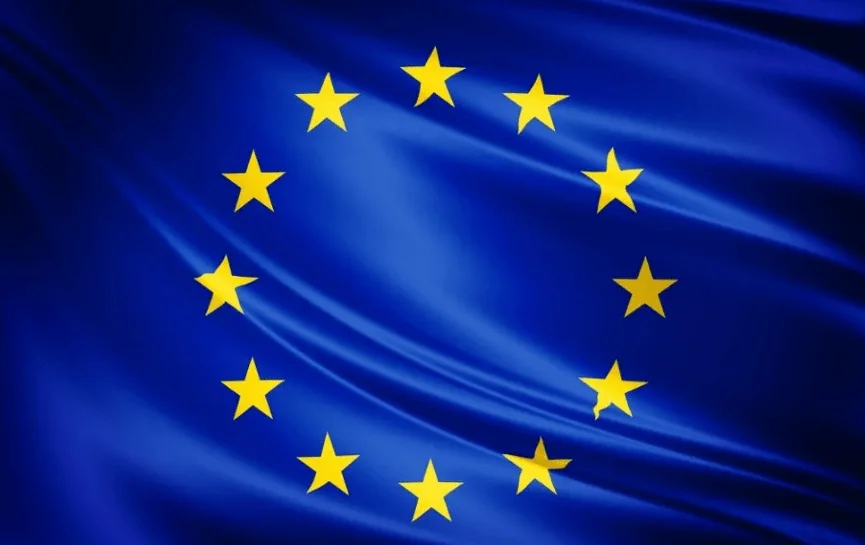The European Commission has proposed the launch of AI factories and other AI-related endeavors to assist European startups and SMEs in developing artificial intelligence (AI) that adheres to the European Union (EU) regulations.

According to the Commission’s blog announcement, access to dedicated AI supercomputers for European entrepreneurs will be streamlined, thereby encouraging the development of general-purpose AI models. The objective of this endeavor is to expedite the integration of AI technology.
This follows the December 2023 agreement on the EU AI Act, the first comprehensive global legislation addressing the use of potent artificial intelligence models such as Google’s Bard and Microsoft-backed ChatGPT. It aims to facilitate the development, deployment, and adoption of trustworthy AI in the EU.
During her ‘State of the Union’ address in September 2023, European Commission President Ursula von der Leyen declared her intentions regarding a novel endeavor to grant access to Europe’s supercomputers to pioneering European AI startups for training dependable AI models.
In November 2023, the Commission also introduced the Large AI Grand Challenge, a competition that awarded AI entrepreneurs access to supercomputing resources and financial assistance.
AI entrepreneurs and researchers will have access to dedicated AI supercomputers, assistance in developing algorithms, and verification of large-scale AI models at the AI Factories, which the Commission called “one-stop shops.”
In addition to supporting AI innovation and startup ventures, the Commission has decided to establish an AI Office as part of its initiatives in this area. Supervising the implementation and enforcement of the forthcoming AI Act, this office will guarantee the development and coordination of AI policy at the European level.
The measures introduced include an EU AI Startup and Innovation Communication initiative, which aims to generate an additional €4 billion in total investment through 2027 by combining public and private funds.
In addition, the Commission, in conjunction with several member states, established two European Digital Infrastructure Consortiums (EDICs). The first is the Alliance for Language Technologies (ALT), which aims to tackle the scarcity of European language data required for AI training. The second is ALT’s support for developing extensive language models while safeguarding linguistic diversity.
The ‘CitiVERSE’ EDIC, which is the second, will utilize sophisticated AI tools to create and enhance Local Digital Twins for Smart Communities. This initiative facilitates optimizing and simulating municipal processes, such as refuse and traffic management.
